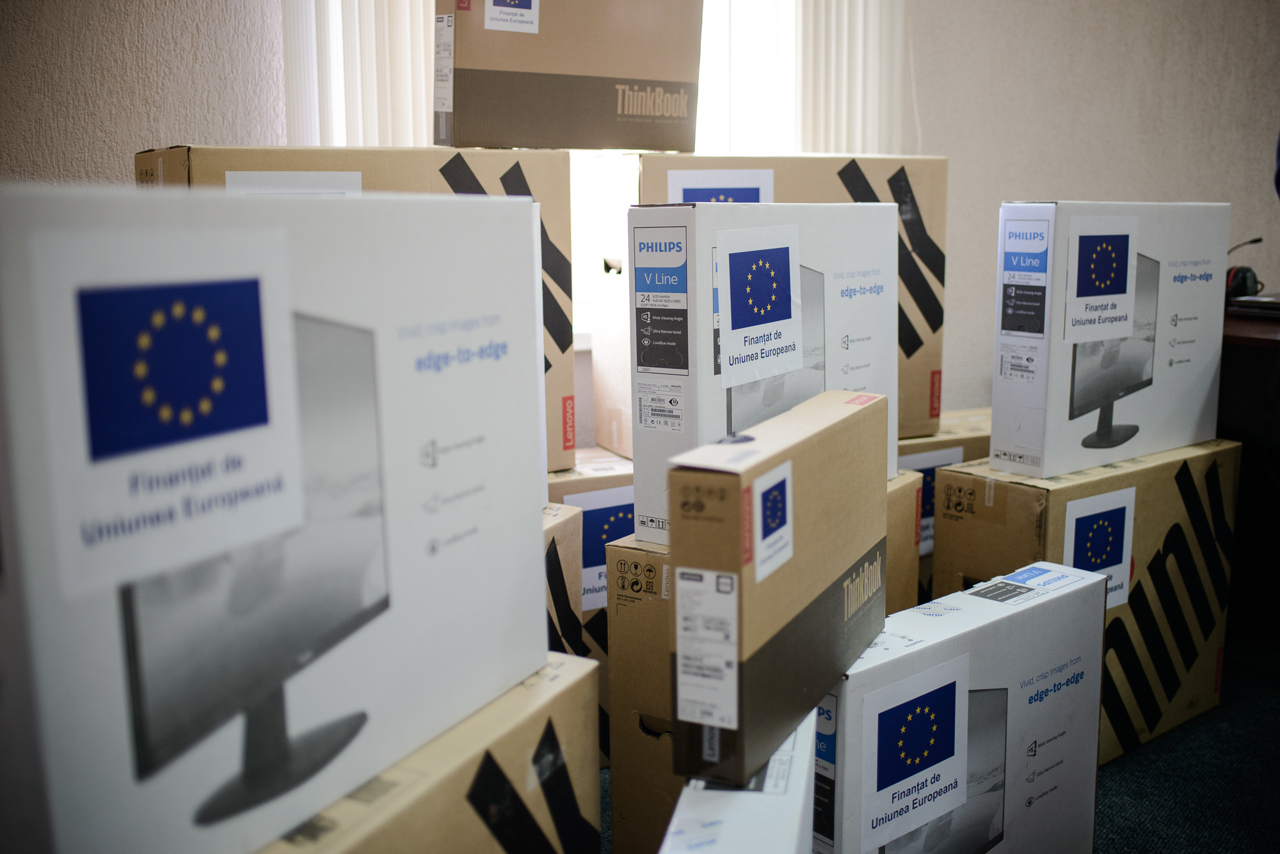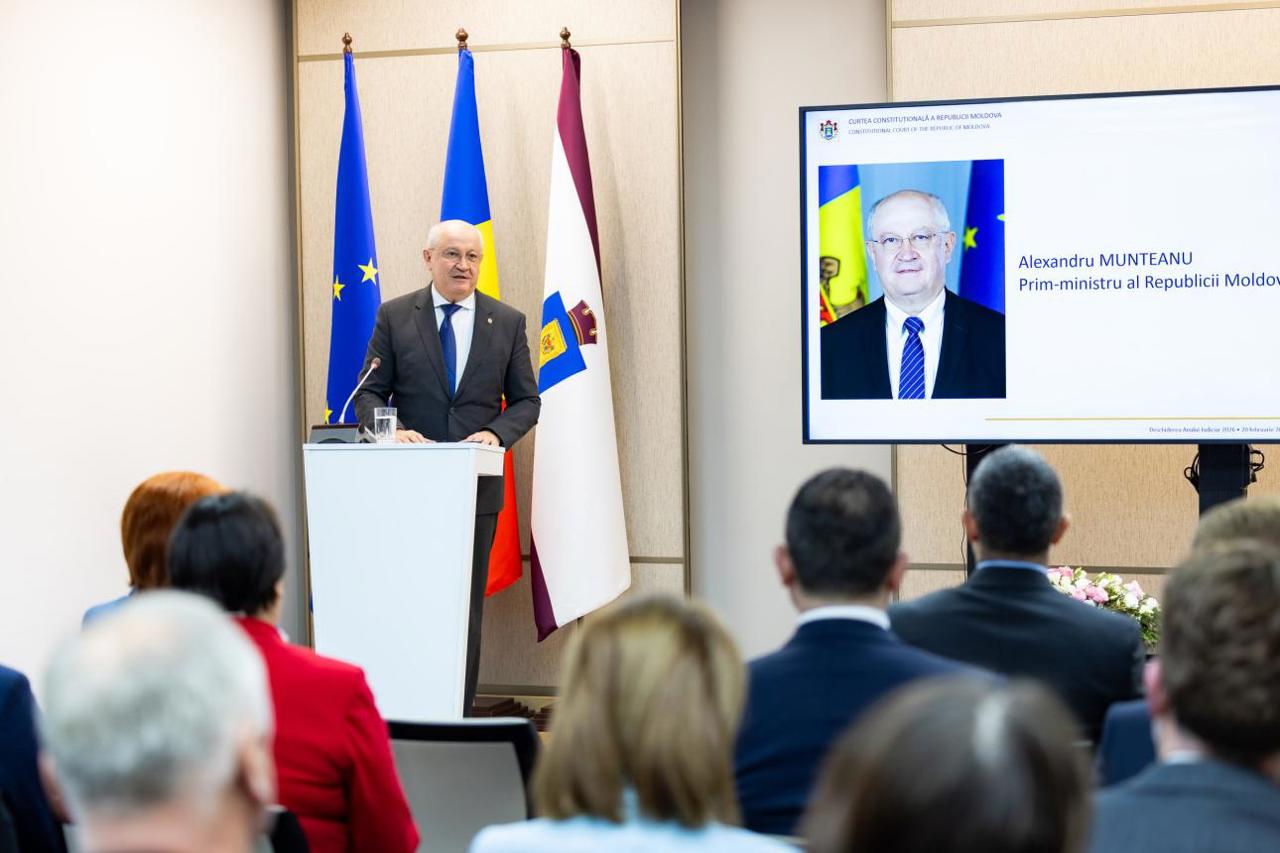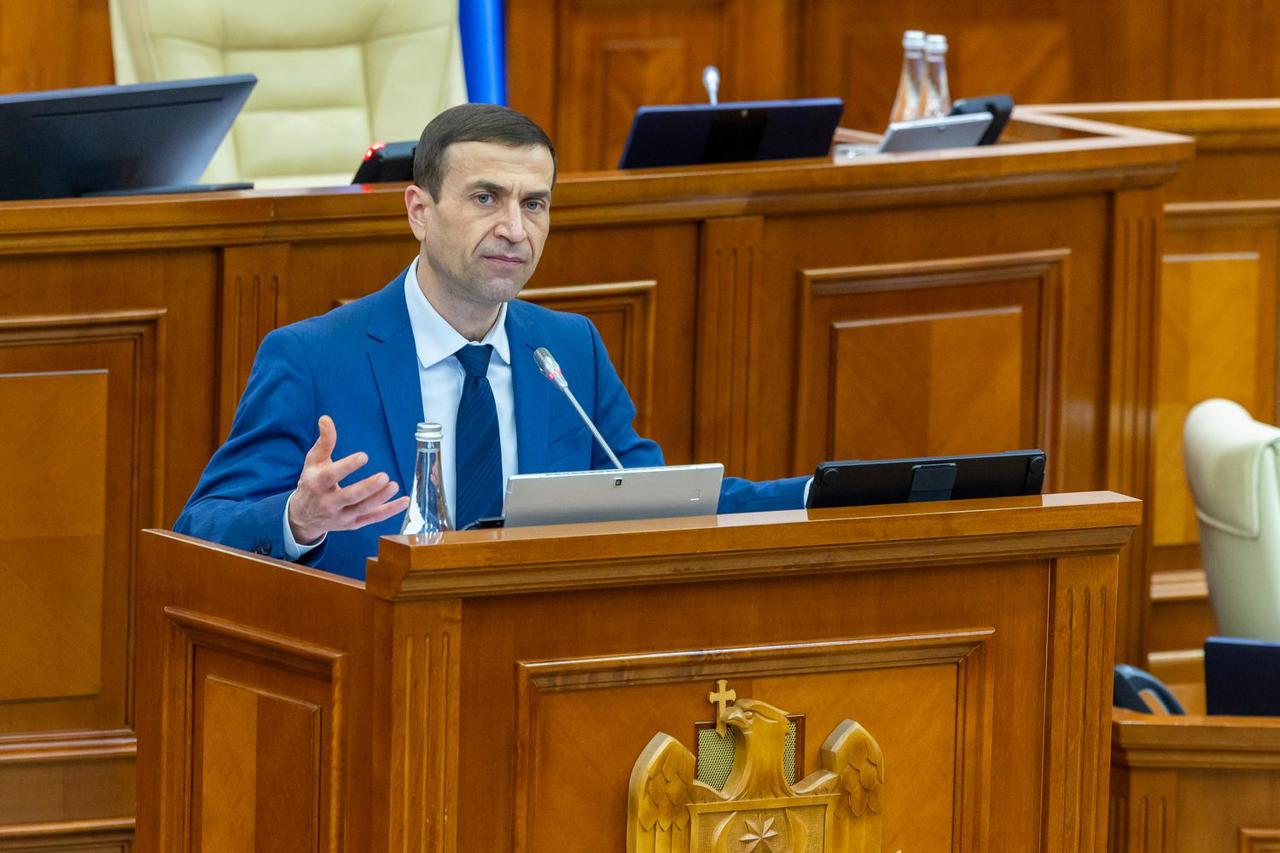The Audiovisual Council has received a batch of equipment from the European Union
A batch of equipment has been donated to the Audiovisual Council (AC) from the European Union to support media monitoring in Moldova. Whereas previously the Council had to request recordings of news bulletins and broadcasts from media providers, now, thanks to modern equipment, information is captured automatically and monitoring will become more extensive.

This technical equipment for the Audiovisual Council will allow an efficient monitoring of the audiovisual product in terms of ensuring pluralism of opinions, transparency and compliance with the Audiovisual Media Services Code - said the President of the Audiovisual Council, Liliana Vițu.
"This donation will help the Audiovisual Council in its mission as guarantor of pluralism of opinion to ensure that the information that reaches consumers, the news, the programmes are produced in a professional manner, in compliance with the audiovisual media services code, safe information for minors, for children. Having the help of our partners, we will be able to protect them and offer them programmes that are in their best interest", said Liliana Vițu.
In turn, the Head of the EU Delegation in Chisinau, Ambassador Janis Majeiks, said that the EU supports media institutions in the Republic of Moldova, offering grants, but does not get directly involved in the selection of beneficiaries or their editorial policy.
"This is important for us in the context of the Republic of Moldova becoming a candidate country for the EU. What we have supported now will be monitored in the course of future activities because it will be monitored how well the Republic of Moldova is doing in terms of freedom of expression, in terms of the proportionality of the measures taken, also in terms of how well the decisions taken by the Council were founded. How well it has been investigated," said Ambassador Janis Majeiks.
Ambassador Janis Majeiks added that the decision of the Commission for Exceptional Situations to suspend the broadcasting licences of six TV stations during the state of emergency was necessary in order to protect the information space. The important thing is what decision will be taken after the end of the state of emergency, Janis Majeiks added.
On 3 March, the Audiovisual Council (AC) decided not to extend the broadcasting licence of one more private TV station on the grounds that it had admitted several violations of the General Concept of the Audiovisual Media Service.




